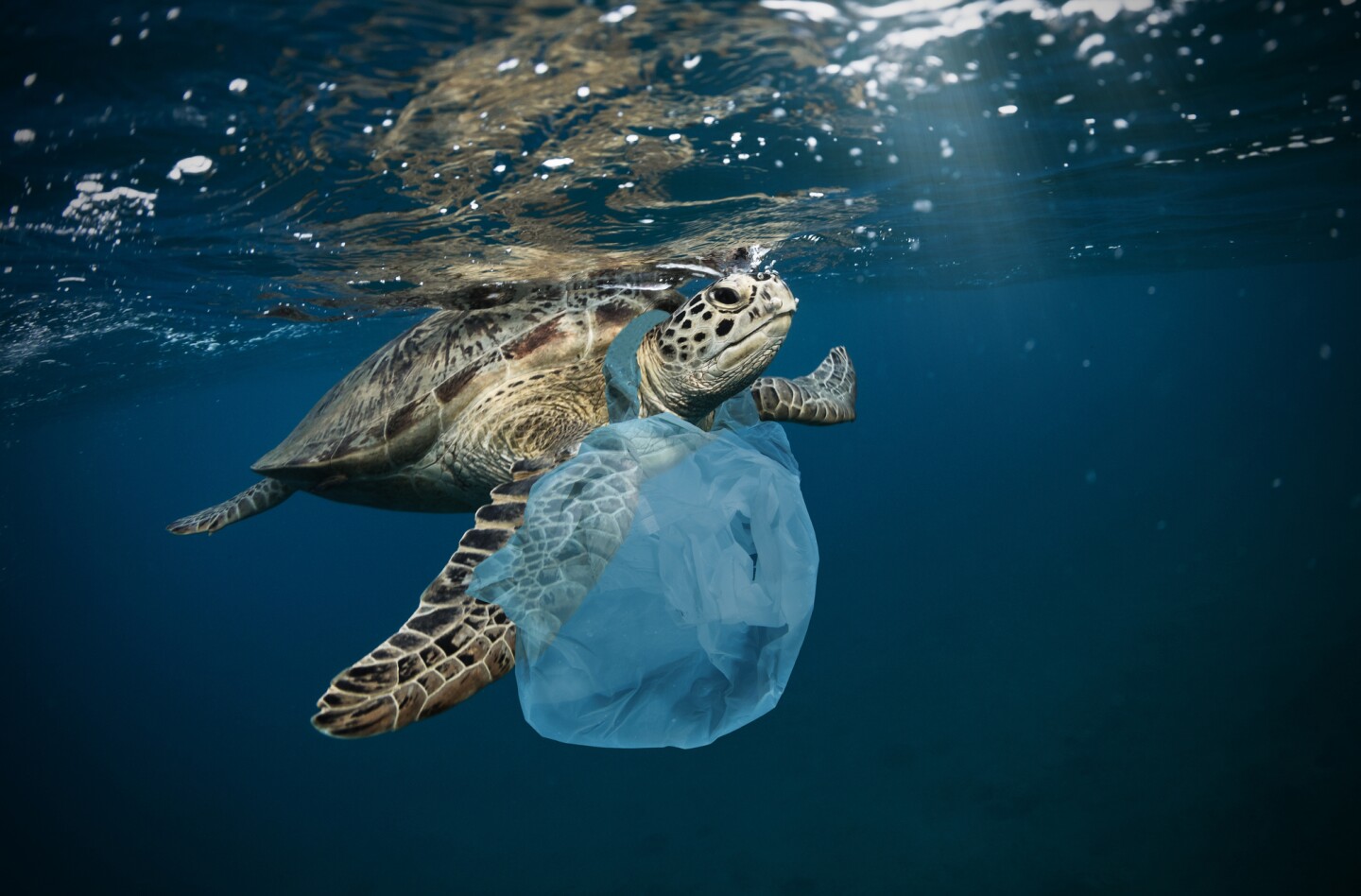The pandemic has brought with it a drastic increase in plastic consumption, and the lockdowns have caused a significant increase in online purchases, consequently, on an increase of packaging, say scientists.
The millions of victims, the collapsing hospitals, the economic crisis, and restrictions were not enough. The consequences of the coronavirus pandemic will also be severe on the environment.
Since the virus appeared, more than 8 million tons of plastic have been poured into the environment, including masks, gloves, and other products related to the management of Covid-19. Of these, nearly 26 thousand ended up in the oceans, according to a study conducted by the University of Nanjing, China, and the University of California at San Diego, in the United States.
«Unfortunately, the treatment of plastic waste has not kept pace with the increase in demand – law in the study – The unmanaged waste is then discharged into the environment and part of these reaches the ocean».
The amount of plastic escaped to disposal plants varies between 4.4 and 15.1 million tons, scientists say. Most of the excess plastic, about 87.4%, comes from hospitals, and the personal protective equipment used by the population accounts for 7.6%. Finally, the additional plastic resulting from online shopping contributes 4.7%.
The continents that have contributed most to the consumption and non-disposal of plastic materials are Asia, which alone accounts for 46% of the total, followed by Europe for 24% and North and South America for 22%.
The 26,000 tons of plastic that end up in the oceans do so along the world’s major rivers, according to the researchers’ calculations. By the end of the year, 71% of this waste will be deposited on the beaches, the remainder will be distributed, more or less, equally between the seabed and the sea surface with very heavy repercussions on ecosystems and life in the seas.
«Some cases of entrapment and ingestion of Covid-19 waste by marine organisms leading to their death have already been reported», the researchers write.
The Arctic area is one of the most worrying, it is a dead-end for the transport of debris due to the particular currents. «About 80% of plastic debris dumped in the Arctic Ocean will sink rapidly and a circumpolar zone of plastic accumulation is expected by 2025», the researchers conclude.









Show Comments